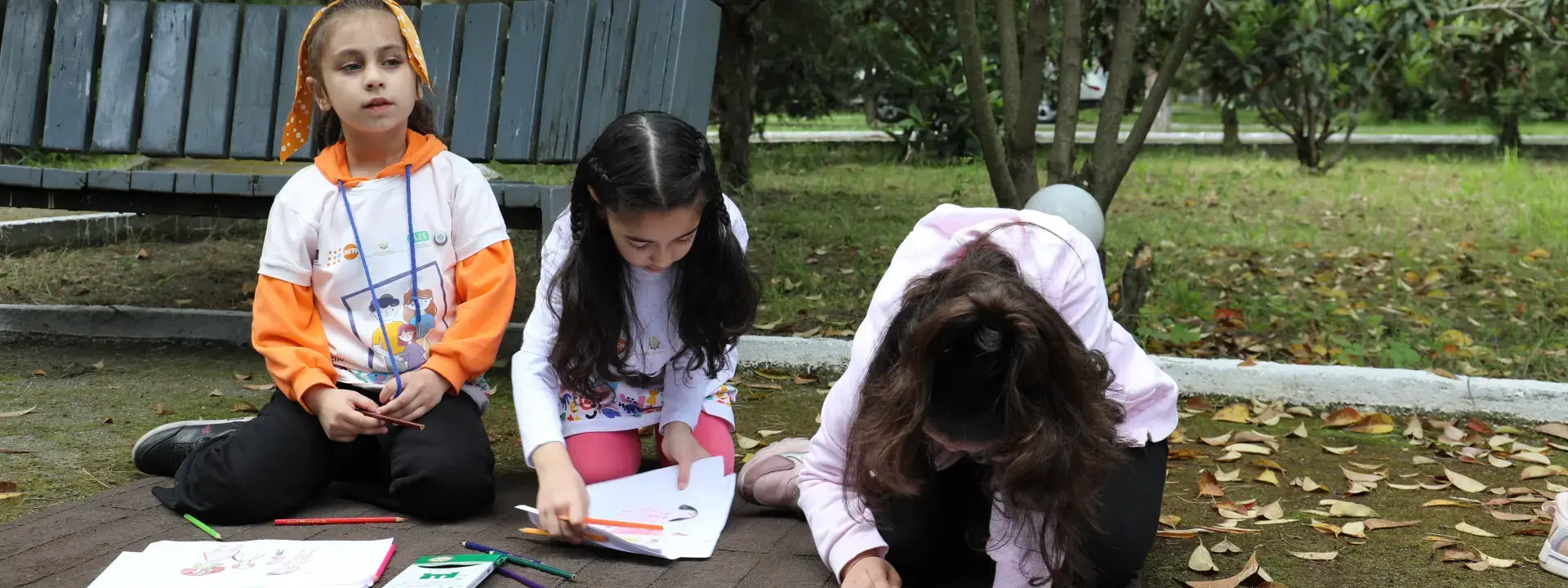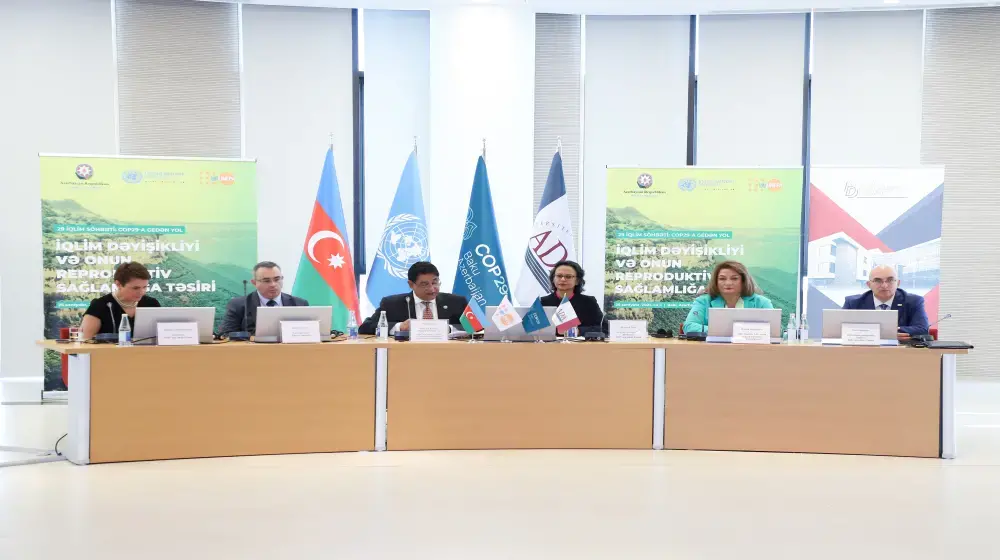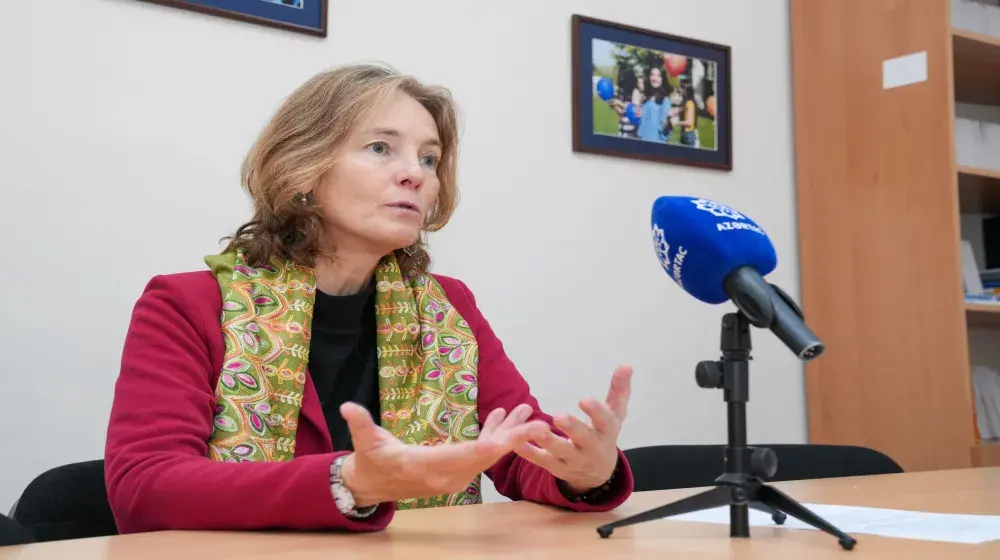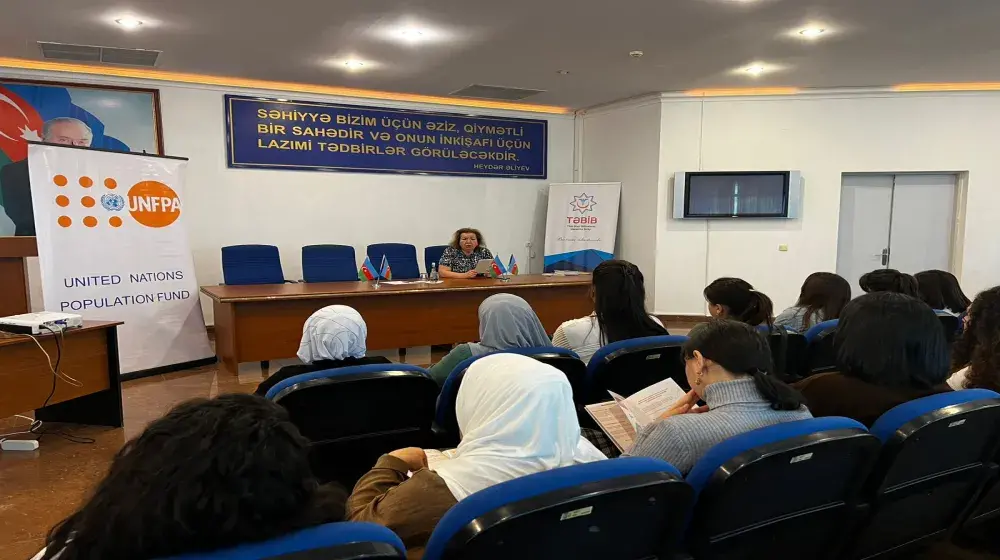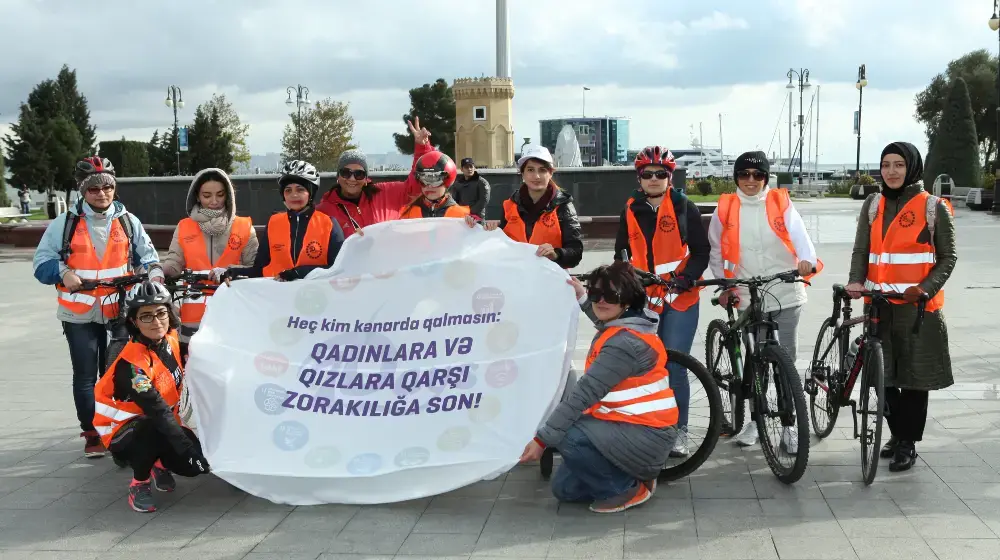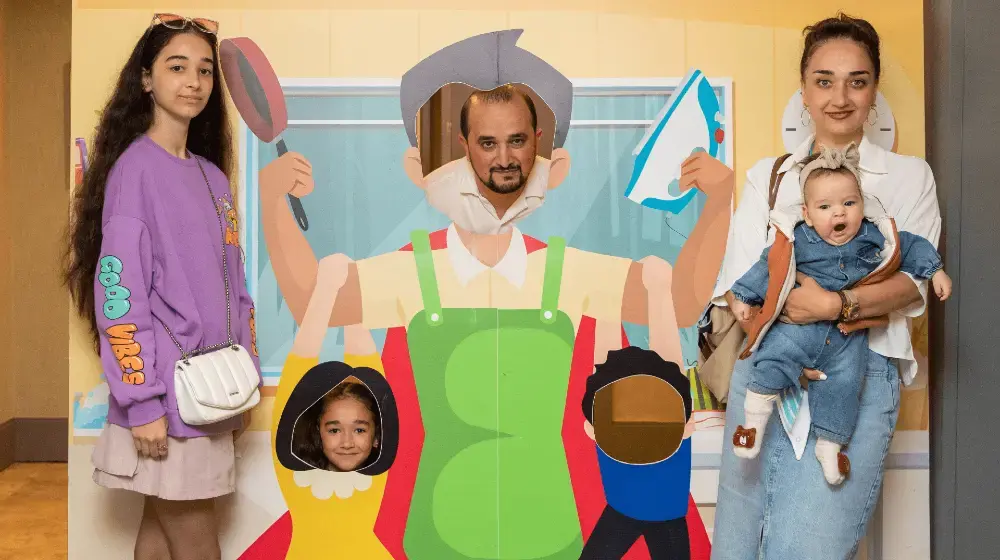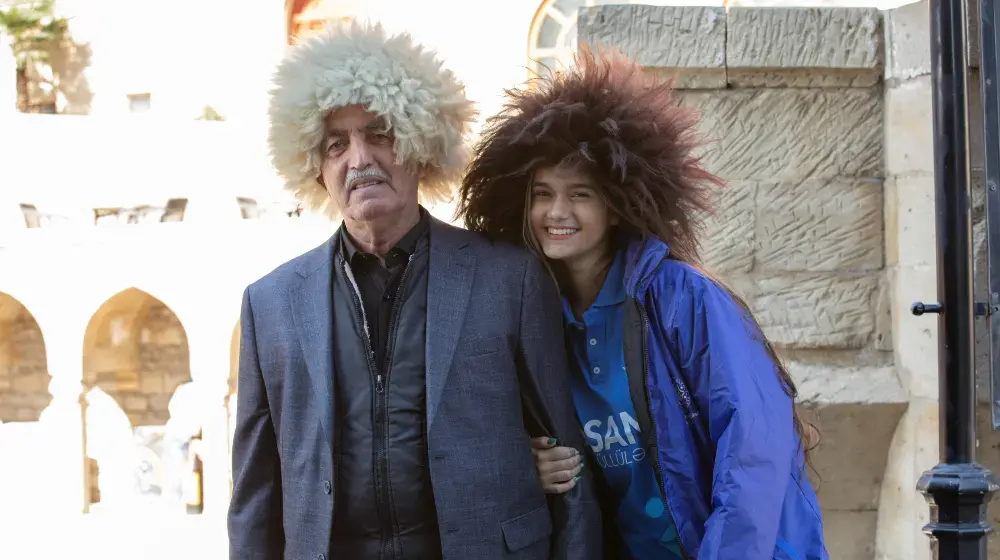Son preference constitutes an endemic component of the Azerbaijan patriarchal family structures and practices that stem from a variety of socially-constructed factors that continue to make sons more socially and economically valuable than daughters. The inheritance and land rights mainly pass through male heirs; greater male participation in the workforce allows them to contribute more to family income and ageing parents depend on support from sons in the absence of the effective social security schemes. Moreover, the unwritten rules of the society dictate that only sons continue the family surname as well as carry out certain religious and cultural rituals.
Until the early 1990s, sex ratio at birth (SRB) in Azerbaijan was mostly within the biological norm, ranging from 102 to 106 males for 100 females. In 1990, however, it climbed to 107 boys per 100 girls, hitting 118 boys to 100 girls in 2003. During the last several years the indicator declined to 114.
In 2011, the Resolution of the Parliamentary Assembly of the Council of Europe (1829) has highlighted the Republic of Azerbaijan among few European countries with the alarmingly high skewed sex ratios at birth caused by sex selective abortions favoring male population. Since then UNFPA CO in Azerbaijan has been providing sustained support to the Government to address son preference and GBSS through series of interrelated activities including production of evidence base for informed policy and decision making, development of the relevant policy framework, awareness raising and changing perception around the value of girls / daughters, etc.
The available database and UNFPA led advocacy efforts have already contributed to the endorsement of the respective policy framework with the immense support of UNFPA Azerbaijan. Alongside with the evidence-base data and policy development, UNFPA pays particular consideration to the awareness raising and grass roots advocacy with a focus on engaging men as allies, partners and activists for preventing and addressing GBSS in Azerbaijan.

